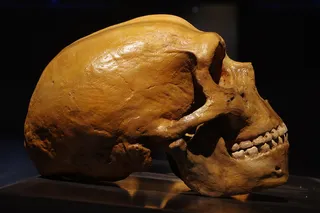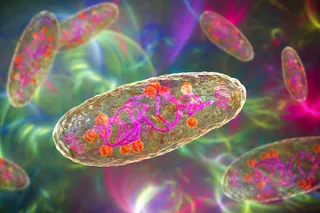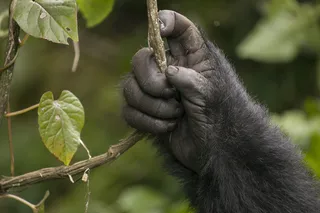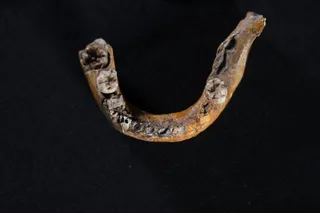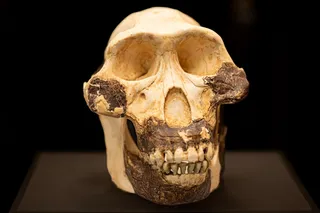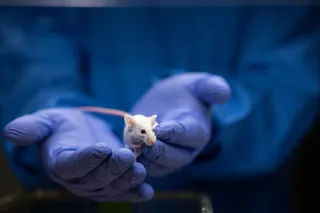Sometimes it’s good not to wash the dishes. Food preparation tools recovered from an Israel archeological excavation that started in 1989 have pushed back evidence of ancient hominid plant processing by about 400,000 years — all because they weren’t cleaned.
Starch residue on flat basalt anvils and small, round pounding rocks also add grist to the argument that the Paleo Diet included heavy portions of plants, rather than the meat-dominant version many people have now adopted as a weight-loss strategy. The paper detailing these findings was recently published in PNAS.
The findings were possible because Naama Goren-Inbar, a professor at The Hebrew University of Jerusalem, had preserved some items found in the decade-long dig near now-drained northern Hula Lake south of the Jordan River, without cleaning them. Archeologists often wash such objects to photograph and preserve them.
But in this case, the dirty dishes were a gift to Hadar Ahituv ...






